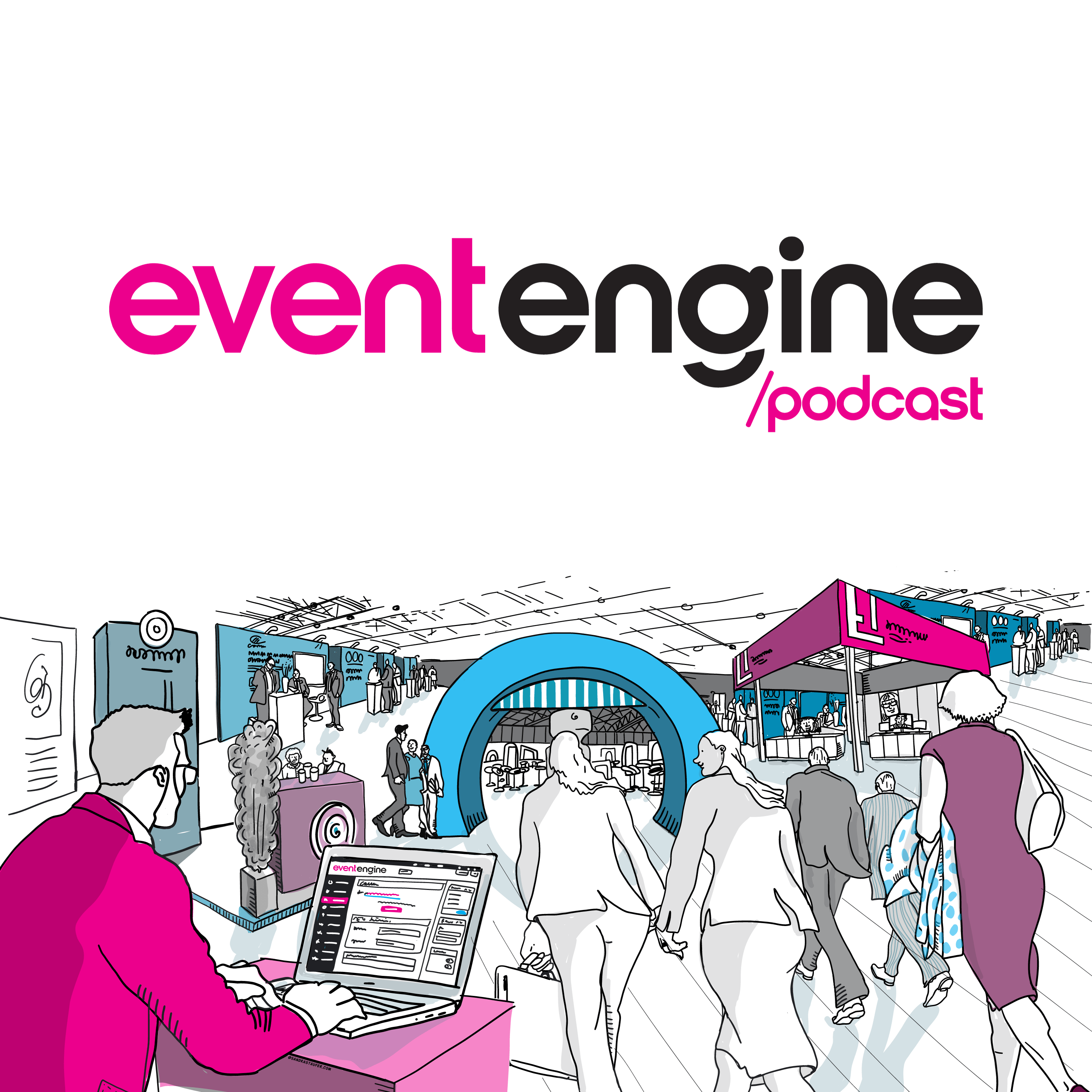Scale doesn’t define event success. As my recent conversation with events veteran Dean Rees revealed, the fundamental ingredients that make an event successful remain remarkably consistent, whether you’re orchestrating a national celebration in Dubai or screening football matches in a small-town park.
Dean’s journey from London’s theatrical scene to the mega-events of the Middle East, and eventually to revitalizing a 500-year-old town estate, offers a masterclass in the universal principles of successful event production.
Here are the key ingredients that transcend event size, budget, and location:
1. The People Factor: Your Team Defines Your Success
“Just have good people around you. It’s all about the people, isn’t it?” Dean reflected when I asked him about managing pressure during large-scale events. “At the end of the day, we work in an industry that is people-focused.”
This principle has guided Dean throughout his career. In Dubai, his first priority was identifying reliable suppliers and partners. When he joined the East of England Arena, establishing the right production, catering, and marketing partnerships was step one. And at Melton Mowbray Town Estate, he immediately focused on building a network of specialists who understood his vision.
The Takeaway: No matter your event’s size, investing time in finding the right team members and suppliers pays exponential dividends. A small event with a stellar team will outperform a big-budget production with mediocre partners every time.
2. Calm Professionalism Under Pressure
One of the most fascinating insights from Dean’s interview was how his theatrical training prepared him for high-stakes event management:
“In the theatre, you can’t have stressed actors going on stage. A stage manager is always someone who’s trying to remain calm, even if the show is falling apart around his ears. That professionalism within my job and trying to stay relaxed is a big part of what we do because it can be a high-stress, high-pressure situation.”
This composed leadership approach served Dean equally well when pitching to military heads for a defense expo in Dubai or when quickly organizing an impromptu Euro screening in Melton Mowbray.
The Takeaway: Your team and clients will mirror your emotional state. Cultivating calm professionalism, especially when challenges arise, creates the psychological safety needed for creative problem-solving and excellent execution.
3. Purpose-Driven Planning: Start With the “Why”
Whether discussing multi-million-dollar corporate events or local community festivals, Dean consistently emphasized understanding the core purpose before determining execution details.
At Melton Mowbray, Dean recognized that the Town Estate’s charitable purpose—supporting the local community—needed to drive event decisions. He strategically started with free events (Euro screenings, movies in the park) to build goodwill before introducing ticketed experiences.
Similarly, his approach to reinventing the town’s annual fireworks display focused on elevating the experience through a concert format—maintaining the traditional celebration while creating something more valuable for attendees.
The Takeaway: Define your event’s purpose before logistics. Understanding exactly what you’re trying to achieve provides the North Star for every subsequent decision, regardless of your event’s scope.
4. Strategic Partnerships As Force Multipliers
“The first thing was rebrand. Second thing was partners,” Dean explained when discussing how he transformed the East of England Arena from a local showground into an award-winning venue competing with industry giants.
For each new venture, Dean prioritized establishing relationships with specialized partners who could elevate the event experience. At Melton Mowbray, he quickly secured partners for catering, bar service, production, and entertainment before planning specific events.
This partnership approach extends beyond suppliers to include stakeholders. At the East of England Arena, Dean engaged local hotels as they recognized the value increased visitor footfall would bring to their businesses.
The Takeaway: Identify and establish key partnerships early. The right partners bring specialized expertise, expanded resources, and complementary skills that dramatically increase your capabilities without expanding your core team.
5. Cultural Context Is Critical
Perhaps the most striking lesson from Dean’s international experience is how event management practices must adapt to cultural context:
“There’s a very different process in doing business in the Middle East as doing business here in London. We have email culture here… There, it’s very much about face-to-face and getting to meet the decision-makers.”
Dean’s success came from quickly adapting to these cultural differences—understanding that in Dubai, crucial meetings happened informally at the end of the day over coffee, not in formally scheduled morning meetings.
This cultural sensitivity applies equally to local communities. At Melton Mowbray, Dean balances innovative new events with traditional celebrations that honor the town’s heritage, including maypole dancing and Morris dancing alongside contemporary music festivals.
The Takeaway: Successful events demonstrate cultural intelligence. Understanding the unwritten rules and expectations of your audience, stakeholders, and business environment is as important as technical execution.
6. Consistent Quality Standards Across All Scales
“I don’t treat a smaller event of any less value. I see them all as the same,” Dean emphasized. “There is a process. You’re trying to deliver that to the best of your ability.”
This commitment to quality regardless of scale was evident when Dean described transforming the town’s fireworks display. Rather than viewing it as “just a local event,” he applied the same production standards he would use for international clients—adding professional staging, LED screens, and headline bands.
The result? Community feedback that declared it “the greatest thing we’ve seen in Melton.”
The Takeaway: Your professional standards shouldn’t fluctuate based on an event’s size or profile. Applying consistent quality across all projects builds your reputation and elevates the experience for every audience.
7. Adaptability: Same Principles, Different Applications
Throughout his career transitions—from theatrical stage management to corporate events, exhibition venues, and community festivals—Dean has demonstrated remarkable adaptability while maintaining core principles.
“The principles are the same,” he noted when comparing his current role organizing small-town events with his past work on international productions. “It’s just that it doesn’t have the profile of those big events.”
This adaptability extends to embracing new challenges, whether navigating the cultural differences of the Middle East or reimagining centuries-old traditions for contemporary audiences at Melton Mowbray.
The Takeaway: The fundamental principles of excellent event management remain consistent across contexts, but their application must be flexible. Develop adaptability as a core competency while holding firm to foundational best practices.
The Formula Transcends Scale
What’s striking about Dean’s journey is how consistently these key ingredients appear across radically different event contexts. From Dubai’s “unlimited budgets” to community-focused celebrations in a small market town, the formula for success remains remarkably stable:
- Assemble the right people
- Maintain professional composure
- Start with clear purpose
- Establish strategic partnerships
- Understand cultural context
- Apply consistent quality standards
- Adapt principles to each unique situation
As Dean’s experience demonstrates, these ingredients work synergistically to create successful events at any scale. The specifics of implementation may vary dramatically, but the underlying formula remains consistent.
Whether you’re planning a corporate conference, a product launch, a community festival, or a private celebration, focusing on these seven universal ingredients will dramatically improve your event’s success—regardless of its size, budget, or location.
What universal principles have you found essential for events of all sizes? Share your experiences in the comments below or connect with us to discuss how these key ingredients might apply to your next event.

